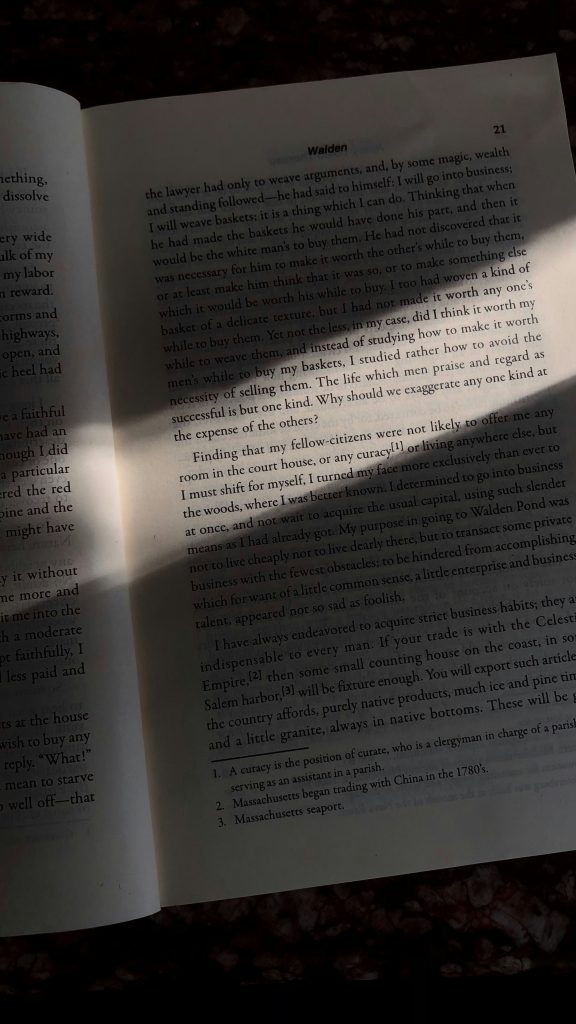Most avid readers are always looking for the next book to devour, but there’s something magical about revisiting an old favorite. Whether it’s the comfort of a familiar story or the thrill of discovering new layers within the text, re-reading is a rewarding experience that many book lovers often overlook. In this article, we’ll explore the joy of re-reading and why going back to the books you’ve already read can be just as fulfilling as discovering new ones.

1. New Perspectives on Familiar Stories
When you revisit a book, you bring a new version of yourself to the experience. The same story you read years ago might reveal different meanings depending on your current mindset, life experiences, or emotional state. A novel you read as a teenager might resonate more deeply in adulthood, with themes that were once overlooked becoming more apparent. Re-reading can help you notice subtle details, character motivations, and plot nuances that you missed the first time around.
For example, reading Pride and Prejudice at different stages of life offers fresh insights. A younger reader might focus on the romance, while an older reader might see the societal pressures and economic realities faced by the characters more clearly.
2. The Comfort of the Known
There’s something undeniably comforting about returning to a story you already know and love. In times of stress or uncertainty, re-reading can feel like a warm, familiar hug. You know how the story unfolds, and that predictability can offer a sense of calm and stability. It’s similar to re-watching a favorite movie or listening to a cherished song—you’re reminded of why you loved it in the first place.
Books like Harry Potter or The Lord of the Rings are popular re-reads because they offer readers an escape into a beloved world that feels like home. There’s no need to worry about surprises or stressful plot twists; you already know the journey and can simply enjoy the ride.
3. Gaining Deeper Understanding
The first time you read a book, you might be more focused on the plot—what happens next, how the story will end, and what twists the author has in store. But when you re-read a book, the focus shifts. You can take the time to appreciate the writing, the intricacies of the characters, and the world-building without the urgency of needing to know what happens next.
This deeper understanding is particularly valuable with complex or literary works. A novel like 1984 or Moby-Dick often requires multiple readings to fully grasp its themes and symbolism. With each read, you uncover something new—a hidden meaning, a clever turn of phrase, or a connection to another part of the story.
4. Reconnecting with Past Emotions
Re-reading can also be a nostalgic experience. It allows you to reconnect with the emotions you felt during the initial reading, whether it was joy, heartbreak, or wonder. The act of re-reading itself becomes a bridge to the past, bringing you back to the time and place when you first encountered the story.
Many readers have specific books that they associate with important moments in their lives. Re-reading these books can evoke memories of those times, making the experience deeply personal. For example, re-reading The Catcher in the Rye may remind you of teenage angst, while The Alchemist might bring back memories of a time when you were searching for your purpose.
5. Discovering How You’ve Grown
Re-reading not only gives you a fresh perspective on the book but also on yourself. When you revisit a story, it’s a reflection of how much you’ve changed since the last time you read it. Perhaps a character you once found irritating now feels relatable, or a plot twist that once surprised you now feels inevitable.
Books like To Kill a Mockingbird or The Great Gatsby can take on new meanings when read at different points in life. You might find that your worldview has shifted, and the way you interpret the characters, their struggles, and the underlying themes of the story has evolved alongside you.
6. Revisiting Classics in a New Light
Classic literature, in particular, benefits from re-reading. The complexity of language, historical context, and dense themes often require multiple readings to appreciate fully. While the first read might feel like a task, the second or third time can open up a world of appreciation for the author’s craft.
Revisiting classics like Jane Eyre or Crime and Punishment can feel like discovering a new book, even though you’re familiar with the story. Each re-read peels back another layer, offering you a deeper understanding of the text and its relevance.
7. Re-Reading as a Self-Care Ritual
Re-reading can be a form of self-care. Just as we turn to comforting foods or hobbies when we need to unwind, revisiting a beloved book can provide solace. There’s no pressure to rush through the book or absorb new information. Instead, it’s an opportunity to immerse yourself in something you already enjoy, taking pleasure in the words and the familiar world.
A series like Anne of Green Gables or The Chronicles of Narnia can feel like a comforting retreat into childhood, allowing you to temporarily escape the stress of adult life.

Final Thoughts: The Joy of Rediscovery
Re-reading is more than just revisiting a familiar story—it’s about rediscovering the joy that initially drew you to the book, while also uncovering new insights and deeper connections. Whether you’re returning to a classic, a childhood favorite, or a contemporary novel that left an impact, re-reading can offer just as much (if not more) reward as reading something new.
So, the next time you’re stuck on what to read, don’t be afraid to reach for an old favorite. You might be surprised at how much it has to offer the second—or third—time around.



